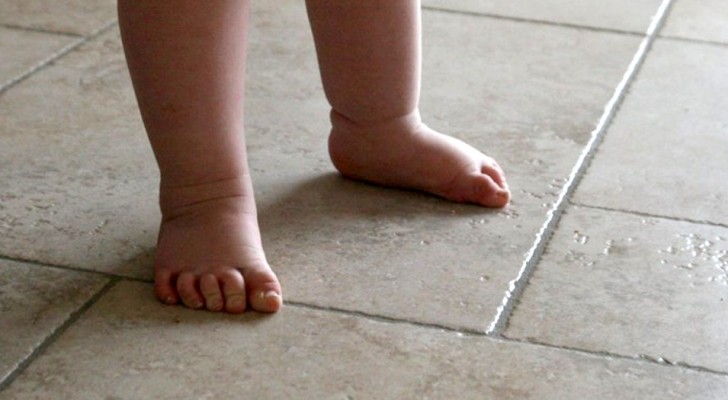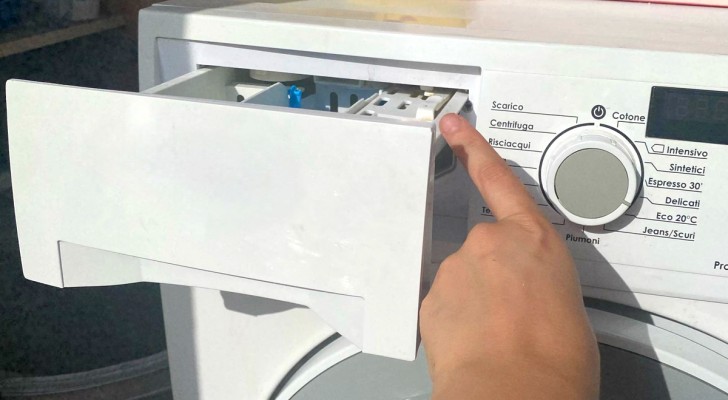Does your child interrupt you constantly? You can stop this NOW!

When our children are overwhelmed by anger and begin to throw temper tantrums, it is often very difficult to restore serenity and is usually a process that requires a lot of energy from both them and us.
Today, we will talk about the "ask a question" method that may be helpful in many circumstances, but remember that it is recommended only for children over the age of five because it requires that a child is able to conceptualize and reason.
So let's see what things are to be avoided and exactly how this method works.

When your child has a temper tantrum, for whatever the reason, there are some things you should not do.
Do not ignore her/him. Pretending that nothing is happening when there is a problem is not at all healthy. For her/him, it can mean feeling alone, misunderstood, and as if s/he did not exist. Next time s/he will probably accentuate her/his anger even more just to be heard.
The other thing you should not do is punish a child right away. At that time the child is not his/herself and would not understand the reason for punishment which would only result in greater frustration. If you feel that punishment is necessary then do it later when your child can understand the reason.
But let's come to the question method, which after being practiced for a few weeks, teaches a child how to handle this situation in complete autonomy.

When her/his anger explodes because a toy breaks or there is something wrong, ask her/him this question "Is this problem big, medium, or small?" If you can make her/him think civilly in these terms you will provide her/him with the tools to get out of this state of frustration by learning to measure the magnitude of problems.
If the problem is small, tell her/him that it can be solved with a simple gesture. For example, if the anger is because s/he cannot wear the clothing that s/he would like to wear, you can show her/him how to solve the problem. You go to the wardrobe and you choose another appropriate article of clothing.
If the problem is medium, then it is necessary to explain that it is possible to solve the problem, but that it will take a little time to do it. For example, if the clothing s/he would like to wear is dirty, it has to be put it in the washer and it will be ready for the next day.
If the problem is a big one (which it always is -- from the point of view of a child) do not minimize its importance, but simply explain that sometimes there are things that cannot be resolved in a short amount of time.
Do not use complicated reasoning with a child, what you say must be simple and straightforward. "Is this problem big, medium, or small?" One question is enough to change things. Do not lose patience and do not minimize a child's problems because children have an intricate and delicate inner world that we adults have a duty to respect.
Never forget, however, that we parents should be the first to give children a good example. Does it often happen that your child interrupts you during a conversation with someone? Though her/his behavior is not correct, ignoring her/him is not the solution.
The mom you see in the following video will show us her method to prevent this type of behavior from happening. Instead of pretending not to hear, she lets the child know that she has noticed her/his presence and will give her attention as soon as possible. In addition, in the meantime, she establishes physical contact by placing her hand on the child's hand. Watch the effects of this method in the video ...





